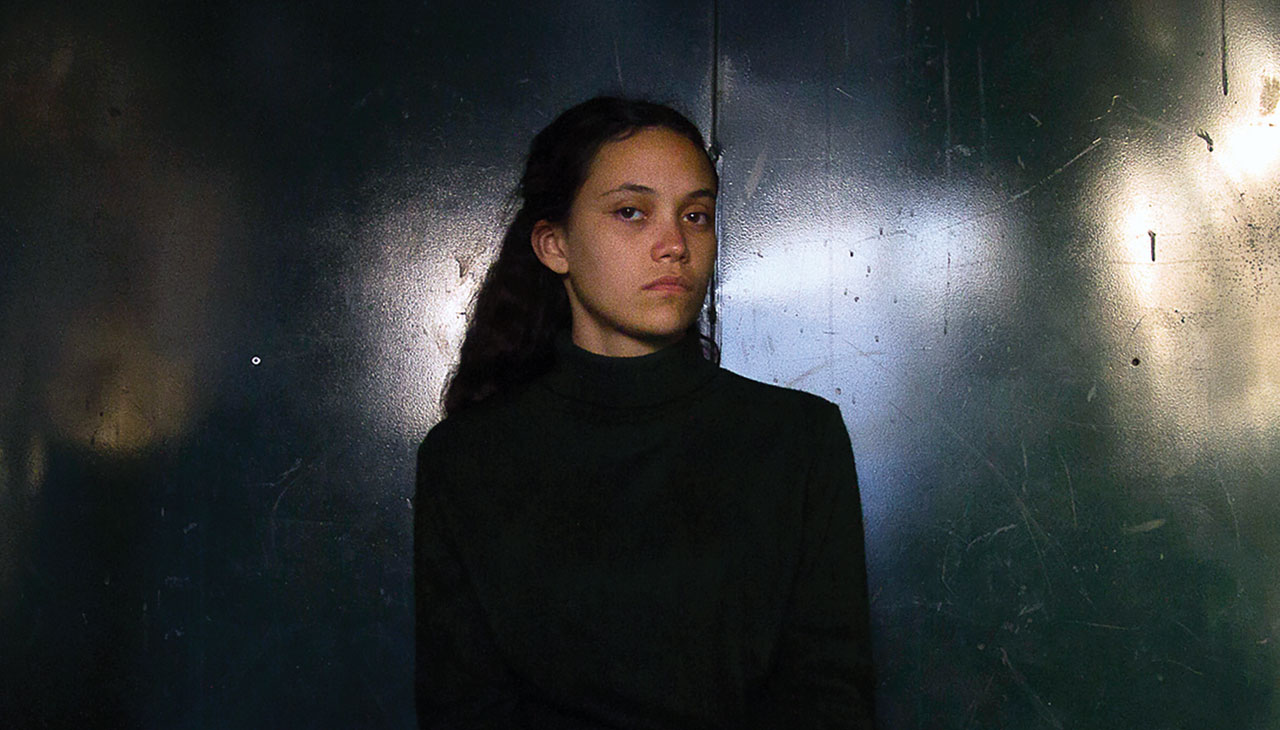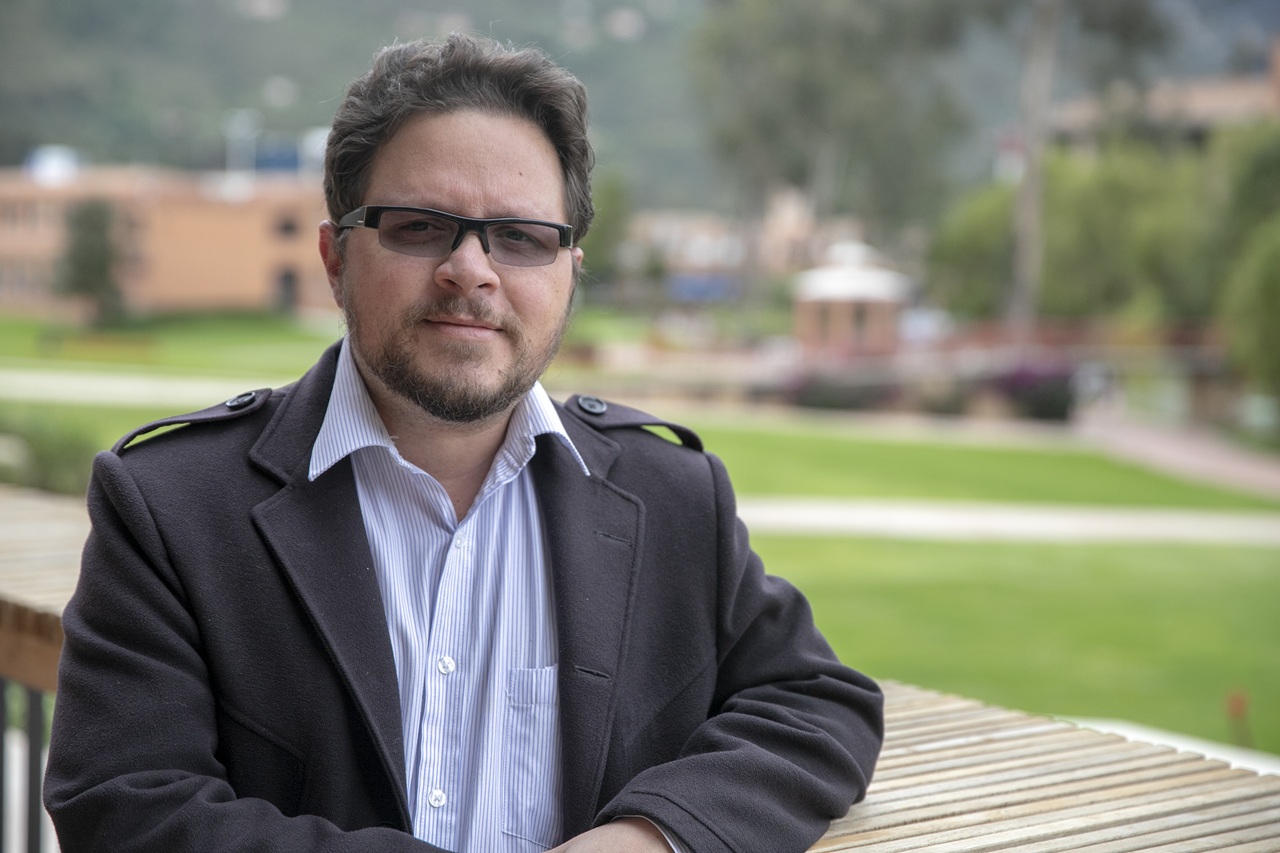
The testimony of 'Blanquita'
This film, by Fernando Guzzoni and inspired by a scandal that shook the political class in Chile, is the country's candidate at the Oscars.
Sex parties, a child exploitation network, and rich and powerful men are all part and parcel of a scandalous cocktail that comes to the eyes of a resident of a foster home. She is only 18 years old and her name is Blanca.
Amid uncomfortable silences, chilling fear and groups who distrust her testimony, she faces the fingers that point at her and the voices that look at her for an answer. While she remains shrouded in gray, the case achieves public notoriety and keeps the whole of Chilean society on tenterhooks.
This is the story told in the film Blanquita, directed by Fernando Guzzoni and inspired by Gemita Bueno, a teenager reported having been kidnapped in the house of businessman Claudio Spiniak and abused by the then-senator Jovino Novoa, in 2003.
The Spiniak case, as it is known in Chile, shook the political class for months. However, after a year of judicial litigation, the only witness closed the chapter with a devastating sentence: “Everything is a lie.”
A thorn in the social memory
Almost two decades after Spiniak sat on the docket, Guzzoni resorted to the events of Gemita Bueno to appeal to the social memory of his country.
“Despite having happened a long time ago, that case spoke of a challenge to power by subjects who did not belong to the elite. That’s why it seemed important to me to take the case to a more contemporary aspect, to cross it with current discussions and to show that power and its construction have not changed,” said the filmmaker in conversation with AL DÍA.
RELATED CONTENT
With Blanquita, starring Laura López Campbell and Alejandro Goic, the director also wanted to “stress the idea of the configuration of power and how this and other institutions such as justice, the press, the church, and politics, historically construct first and second class subjects.”
Uncomfortable, tense, and unsettling, Guzzoni’s thriller was decisive in not posing a victimizing idea of the characters but, as he himself puts it, turning them into subjects with desire and objetives.
“That was interesting in this case, because I felt there was a heroine with double standards, so to speak. It seemed to me a way to challenge power from the lie, or rather from a partial truth,” he said.
A golden script
By exposing a complex and painful social phenomenon involving children in vulnerable situations, Blanquita managed to become a genuine story that combines a balanced dose of fiction with a fresh historical look. In this way, it calls for reflection on how impunity and inequity continue to afflict Chilean society.
The story, constructed through a year and a half of research and interviews, allowed the Chilean-Mexican-Luxembourg-French production to win the award for Best Screenplay in the Horizons section of this year’s Venice International Film Festival.
Chile’s candidate at the Oscars
With Blanquita, Guzzoni positions himself and does not seek to be conservative. This is perhaps one of the many successes that led his film to be chosen to represent Chile in its race for the Oscars.
The filmmaker not only hopes that his film will advance towards the statuette for Best International Film, but also that it will soon reach more screens in Latin America, the United States and Europe thanks to festivals and streaming platforms.











LEAVE A COMMENT: